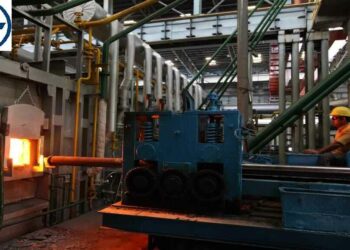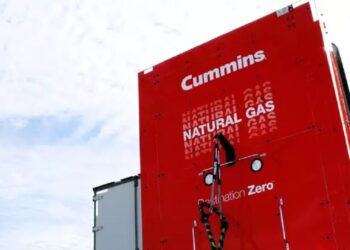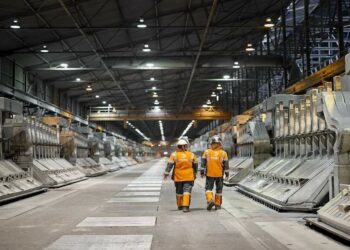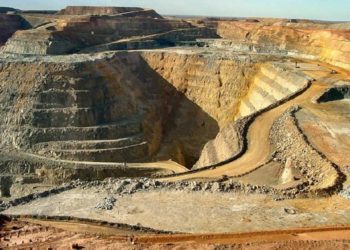The project was launched by the Tulu Kapi Gold Mines (TKGM) Board, which includes representatives from KEFI, the Ethiopian Federal and Oromia Regional Governments.
This follows the establishment of dedicated site policing and the subsequent conditional confirmations from the project’s finance syndicate.
The company has outlined various early works for the project, including community resettlement preparations, procurement engineering, social development consultations and recruitment, which are due to continue until September 2024.
These activities will be independently monitored to ensure they progress on schedule, with the necessary safety protection systems in place.
From October, the project will focus on procurement and fabrication of the plant internationally, community resettlement, site earthworks, grade-control drilling, and the transportation and assembly of the plant and associated infrastructure.
It will also focus on a definitive feasibility study (DFS) of the underground mine. The finance plan for the Tulu Kapi Gold project includes $190m in secured debt from development banks, around $100m in equity risk capital from KEFI’s shareholders and a $110m equity risk note from Ethiopian subsidiaries of multinational corporations, repayable in cash or KEFI shares.
Additionally, there will be $20m in TKGM share subscriptions from the federal and regional governments.
With gold prices at nearly $2,350/oz, the project is expected to generate an average of $377m in hard currency exports annually, with average annual royalties and taxes of $69m, and operating expenditures of about $119m, prioritising local procurement.
The project’s all-in-sustaining costs (AISC) are around $887/oz, with break-even costs including debt service at approximately $1,315/oz, providing an internal rate of return (IRR) to equity of more than 50%. At a gold price of $1,550/oz, the IRR remains above 20%.
The company has also highlighted recently approved exemptions from exchange and capital controls, ensuring that investors and financiers have unrestricted capital servicing.
The Tulu Kapi Gold project is expected to create around 1,000 direct jobs and between 5,000 and 10,000 indirect jobs, with foreign direct investment of around $500m, including historical investment.
KEFI executive chairman Harry Anagnostaras-Adams said: “Our launch timing is fortuitously coinciding with the improved conditions in Ethiopia and all-time high gold prices.
“Tulu Kapi’s high grade and high process recovery, combined with our project design, has resulted in a robust set of economics for long-term operations, which should support further exploration and development along with good opportunities to continue supporting local social development projects such as the already provided local school and water supply.
“The returns for the capital investors and lenders are attractive and the recent exemptions from exchange controls has rendered the Ethiopian mining investment climate internationally competitive.”










